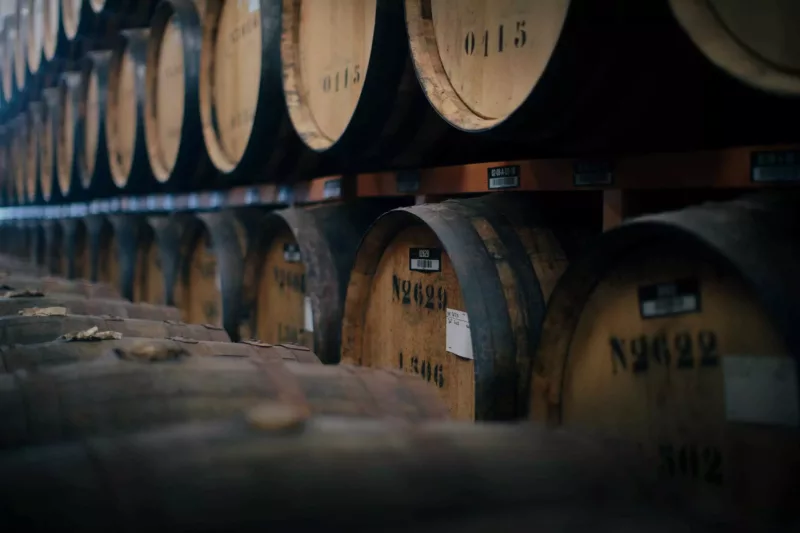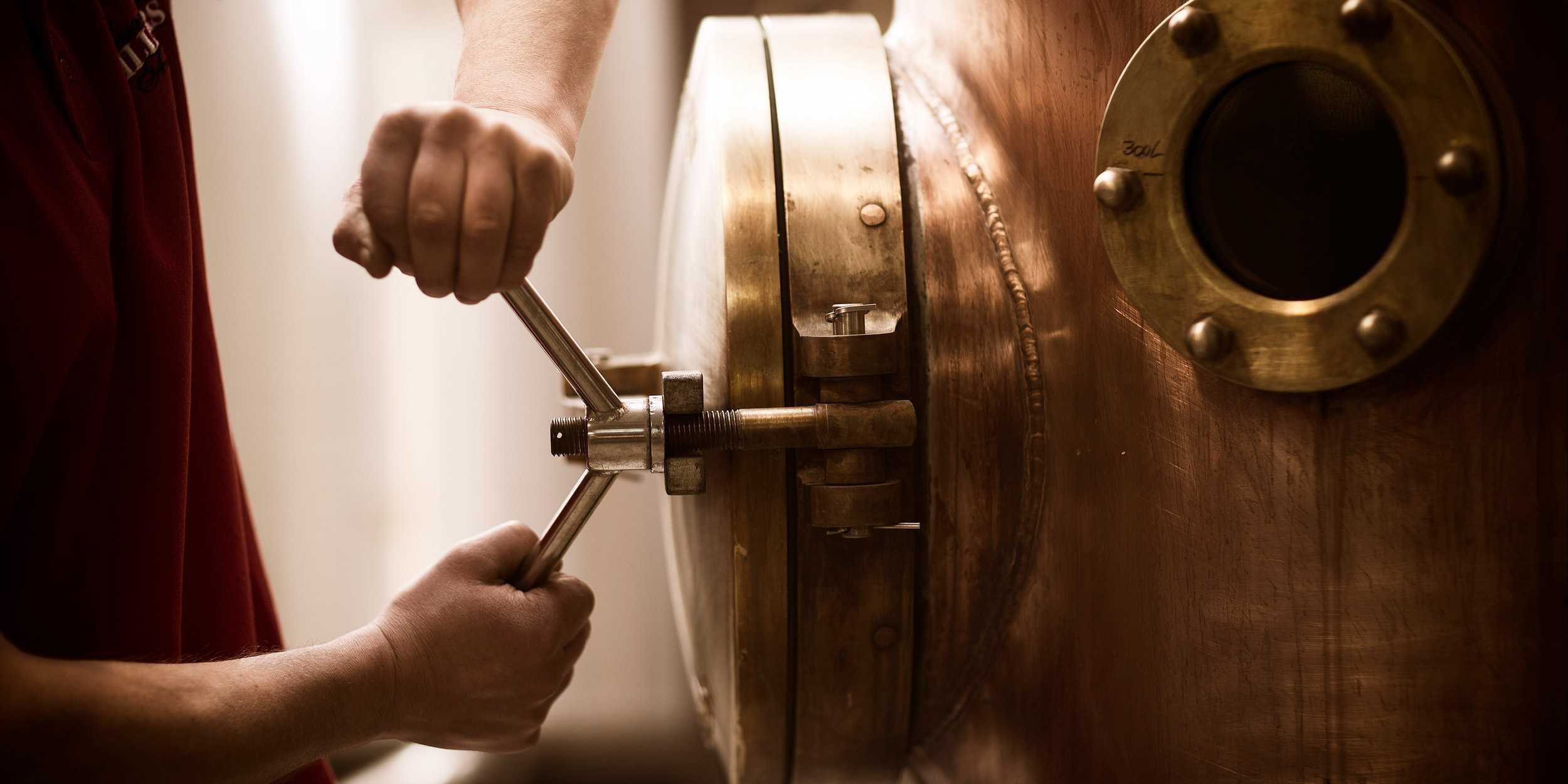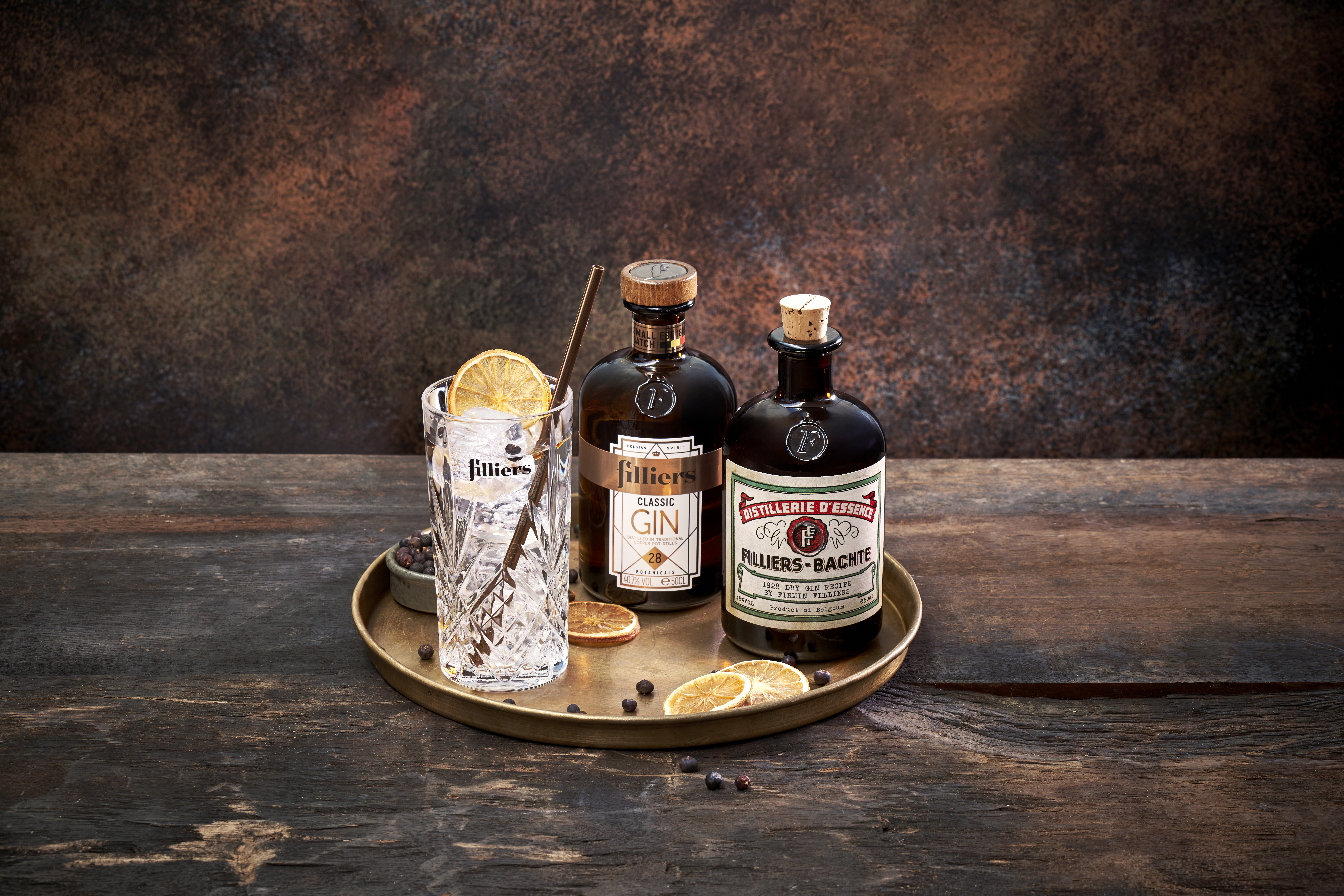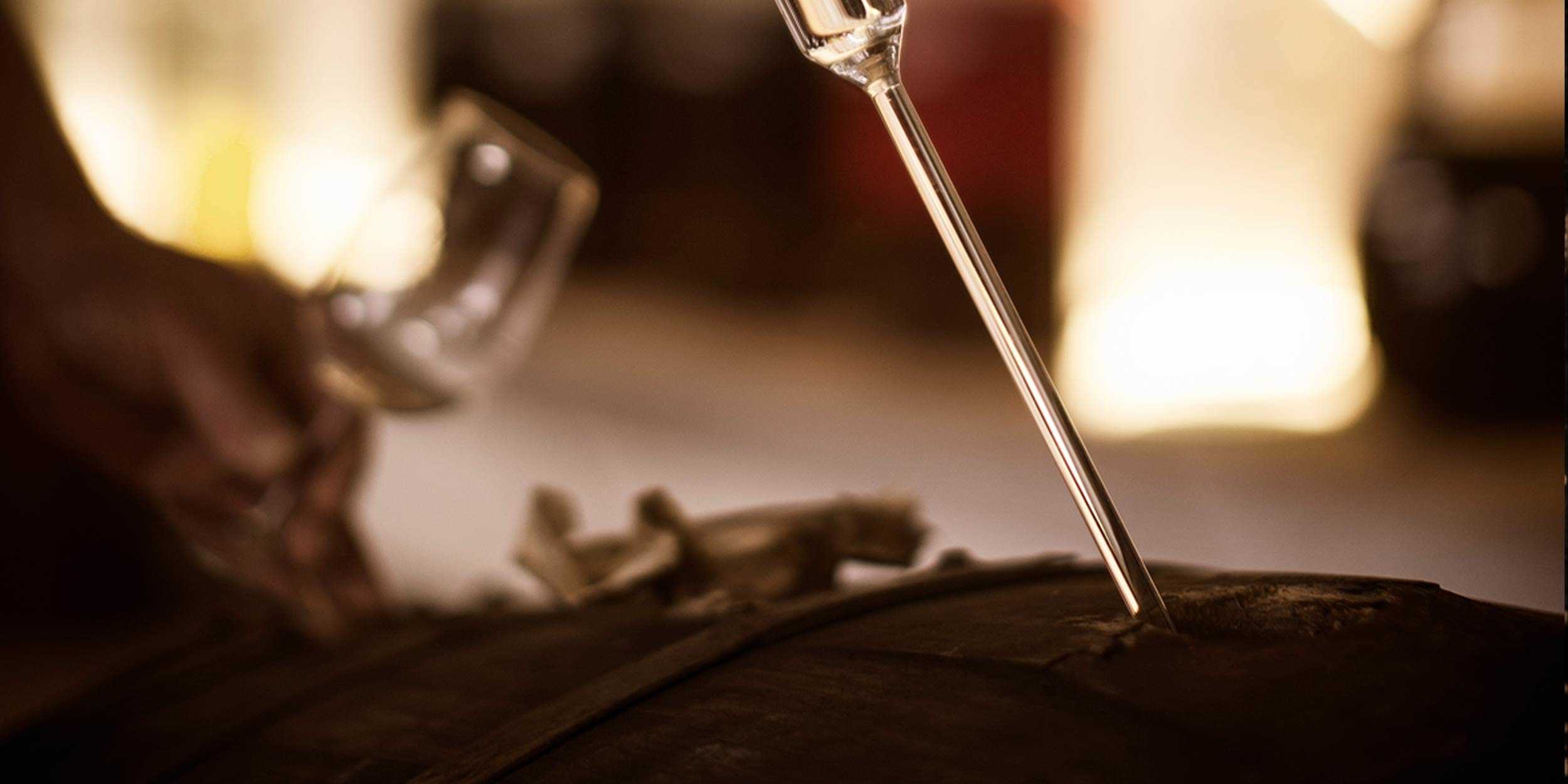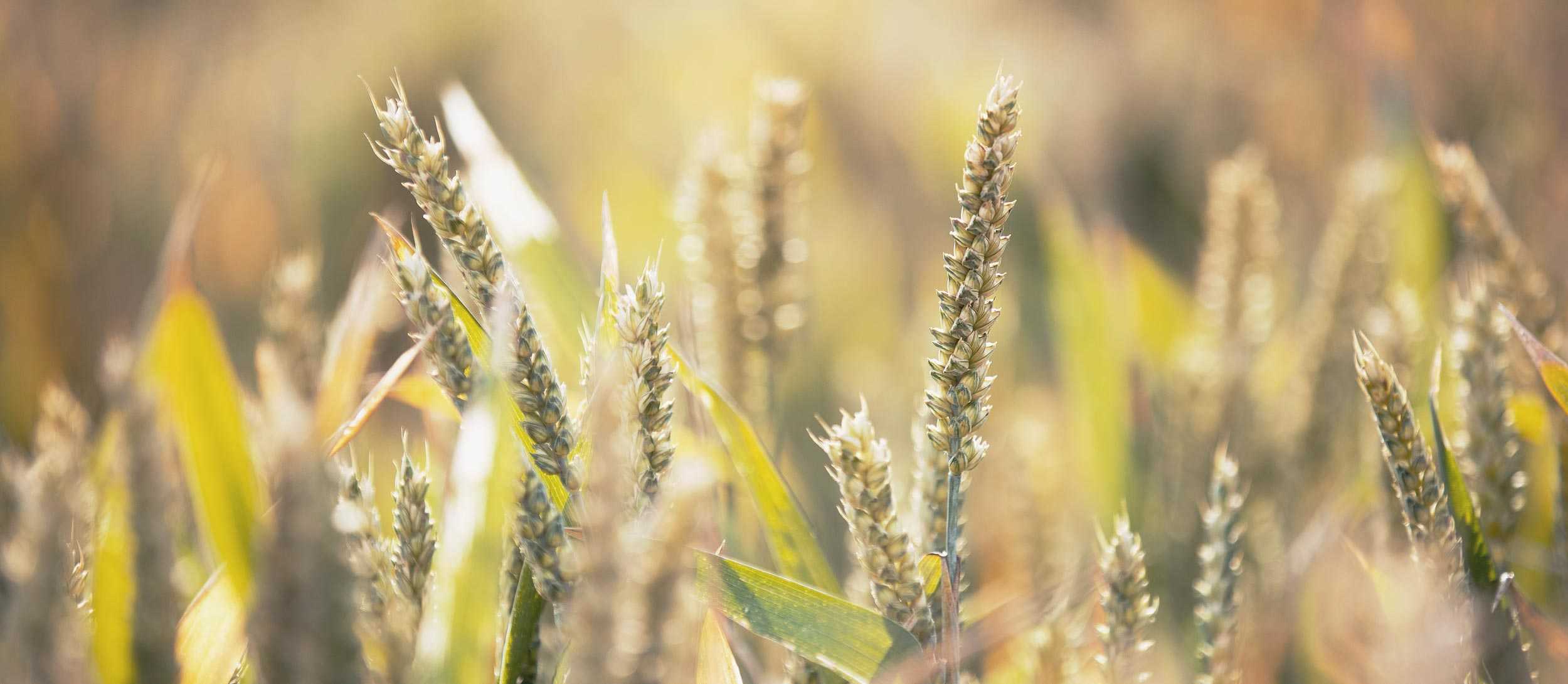The distillery
Why do the outer walls of ageing rooms turn black?
This discoloration of the walls is a typical phenomenon in all distilleries where spirits are maturing. Due to the maturation in barrel, part of the spirit exudes, this is also called the angel’s share. An alcohol fungus feeds on this, and it is that fungus that settles on the walls and gives a typical black colour.
This is certainly not a harmful mould, but it is a very typical aspect of a distillery where spirits are maturing.
Is Filliers Distillery a family business?
Until today the company is still 100% family owned under the leadership of Marie Thiers.
What is a warm distillery?
In a warm distillery, the entire production process is done in-house, from grain to glass, with respect for the artisan tradition.
Filliers Distillery is one of the last warm distilleries in Belgium to still distill spirits using such a production process.
Can Filliers Distillery be visited at any time?
The distillery cannot be visited individually but in a group. More information about this can be found here.
Can spirits from Filliers Distillery be purchased on the site?
Most spirits are available from retail or specialty beverage stores. Purchases at the distillery are only possible after a visit.
Where can I find information about the distillation process?
For more information about the distillation process, click here.
Do you have conference rooms for rent?
For more information about renting our seminar rooms, click here.
Where can I find more information about sponsorship?
For more information about sponsorship, contact us here.
Our craftsmanship
What is malt wine?
Malt wine forms the basis for genever & whisky. It is a grain distillate that is made from one or more types of grains such as malt (sprouted & dried barley), rye, wheat, … Water & grain are mixed and heated to wort, which is then fermented and distilled twice in traditional copper column and / or pot installations. The end result gives us malt wine.
What is a distillate?
In a distillate, aromatic spices and / or fruits are soaked in alcohol and then distilled. A distillate is always clear and transparent in color.
What is a macerate?
With a macerate, aromatic spices and / or fruits are soaked in alcohol but not distilled. A macerate discolours depending on the raw material (spices and / or fruits) that was used.
What is spent ale?
Just as in the production of beer, the whisky batter is filtered under pressure before fermentation. The dry fiber-rich substance that remains in the filter is referred to in technical terms as “spent ale” and is very suitable as animal feed.
What is a Sherry barrel?
Sherry barrels are barrels previously used for ageing Sherry (a fortified wine produced exclusively in Spain) and are made from European oak.
What is a Bourbon barrel?
Bourbon barrels are barrels that have previously been used to mature American Bourbon whisky and are made from American oak.
What are the biggest differences between a Sherry barrel versus a Bourbon barrel?
Bourbon barrels (American oak) are a lot more porous, so that the positive flavors are released relatively quickly. At Filliers Distillery these barrels are used for the maturation of the unique Barrel Aged Genever range.
Sherry casks (European oak) are a lot stiffer, so the flavours are released a lot slower. At Filliers Distillery these barrels are used for the maturation of the Single Malt Whisky.
Finally, Sherry casks are extremely scarce as they are only available in the Xeres region in Spain, the only place where Sherry is allowed to be made. This is a stark contrast to Bourbon barrels that are available all over America.
How many barrels are used for ageing at Filliers Distillery?
The distillery currently has 5,000 barrels and thus has one of the largest maturation capacities in Belgium, the Netherlands & Luxembourg.
What is new spirit?
Distillation is done at least twice during the process. After the first distillation, a new spirit is obtained. This is not yet drinkable as the heart of the alcohol is not yet separated from head and tail.
Where does the terminology head, heart & tail come from during distillation?
After the first distillation, a new spirit is obtained which is distilled a second time. In this process the head and tail are separated from the heart of the spirit. This is done to remove harmful parts from the alcohol in order to continue working with the pure product.
Why does Filliers Distillery distill in copper?
Copper is not only an excellent heat conductor, but also ensures that harmful microscopic particles are broken down during the distillation process.
How is Belgian Advocaat made?
Filliers Distillery still follows the authentic recipe of Julia Denecker, the wife of Firmin Filliers (3rd generation) who introduced the recipe in 1970. This Belgian Advocaat is still traditionally prepared “au bain-marie” with fresh eggs and milk.
Our products
What is the difference between genever and whisky?
genever is a grain distillate whose raw materials are grains (malt, wheat, rye,…), water, a mandatory percentage of juniper berries and in some cases grain alcohol.
Whisky, on the other hand, is only made from a grain distillate based on one or more grains (sprouted & dried barley, rye, wheat, …) & water.
During the production process, the mash is filtered for whisky before fermentation, which is not the case with genever.
Finally, it is mandatory for whisky to allow the spirit to mature for a certain time in wooden barrels. This is not mandatory for genever.
What is Gin?
Gin is a distillate consisting of juniper berries, various aromatic spices & fruits. At Filliers Distillery, 28 distillates of dried spices and fresh fruit are used for the composition of the Filliers Dry Gin.
What are the minimum requirements to be able to claim the name “genever”?
Genever must contain the following properties:
- The spirit must contain at least 30% alcohol.
- Genever must contain a minimum content of malt wine.
- It must be made from agricultural products.
- It should be flavored with juniper berries.
Is genever produced worldwide?
No, the production of genever is geographically limited and can only take place in Belgium, the Netherlands, two French departments (Nord & Pas de Calais), two German states (North Rhine Westphalia & Rhineland Palatinate) & Luxembourg.
